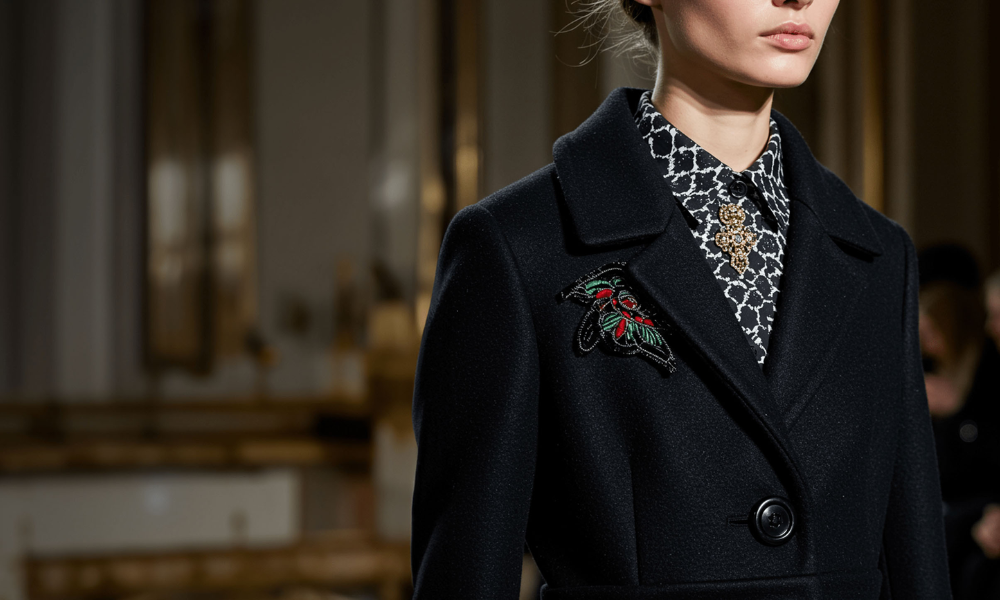As London Fashion Week draws to a close, a new WPP survey of 2,000 consumers reveals over a quarter (27%) of fashion and beauty shoppers who follow influencers have purchased luxury items directly through platforms like TikTok and Instagram. This demonstrates the power of social commerce, even for luxury goods, a sector traditionally associated with exclusive, in-person retail experiences.
The survey, conducted by YouGov, forms part of a WPP playbook out today called Beyond the Runway: five trends shaping the future of influencer commerce, developed with Ogilvy, the WPP creative network, and The Goat Agency, a leading influencer marketing agency within WPP’s GroupM. It explores the evolving influencer landscape and offers insights for brands seeking to navigate this rapidly growing space effectively.
Key trends highlighted in the research:
- Authenticity remains key for influencer marketing: Among fashion and beauty shoppers who follow influencer recommendations (479 respondents), in-depth product reviews (49%) and user-generated content (32%) are the most effective forms of influencer content. This underscores the importance of genuine engagement and trust in driving purchase decisions within this influential audience segment.
- Expert and peer opinions still hold sway: Recommendations from friends and family (63%) and expert reviews (48%) remain highly trusted sources for fashion and beauty products, even among those who follow influencers. This highlights the enduring power of organic word-of-mouth and professional endorsements in building credibility.
- Micro-influencers offer targeted engagement: 24% of fashion and beauty shoppers who follow influencer recommendations trust recommendations from micro-influencers (those with smaller, more targeted audiences). This demonstrates the unique ability of micro-influencers to build authentic connections within niche communities.
- Influencer values matter: More than a third (39%) of fashion and beauty shoppers who follow influencers consider the influencer’s personal views (such as political) before making a purchase. This highlights the importance of brands carefully selecting influencer partners whose values align with their brand and target audience. Building these authentic partnerships fosters trust and strengthens the connection with consumers, ultimately driving positive engagement and contributing to campaign success.
Rahul Titus, Global Head of Influence at Ogilvy, said: “This research demonstrates a remarkable shift in luxury consumer behaviour. The accessibility and convenience of social commerce are redefining how shoppers, particularly younger demographics, engage with and acquire high-end fashion and beauty products. Brands must adapt to this evolving landscape by prioritising authentic influencer partnerships and creating seamless shoppable experiences that cater to the on-demand expectations of today’s luxury consumers.”
Ellie Hooper, Head of Client at The Goat Agency, added: “The rise of social commerce for luxury goods presents an incredible opportunity for brands to connect with new audiences and drive significant growth. The key to success lies in understanding the nuances of this evolving landscape. By leveraging authentic influencer content, integrating shoppable experiences, and focusing on building trust with discerning consumers, brands can unlock the full potential of social commerce and establish a strong presence in this exciting new market.”
Taken from: WPP





